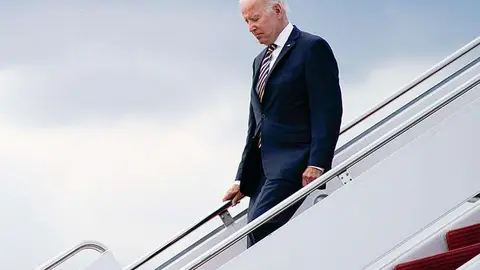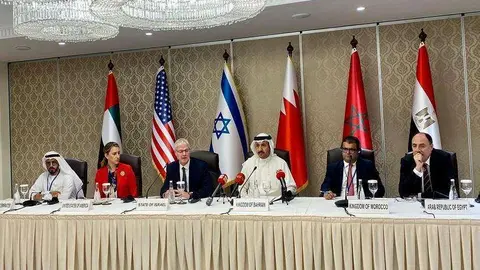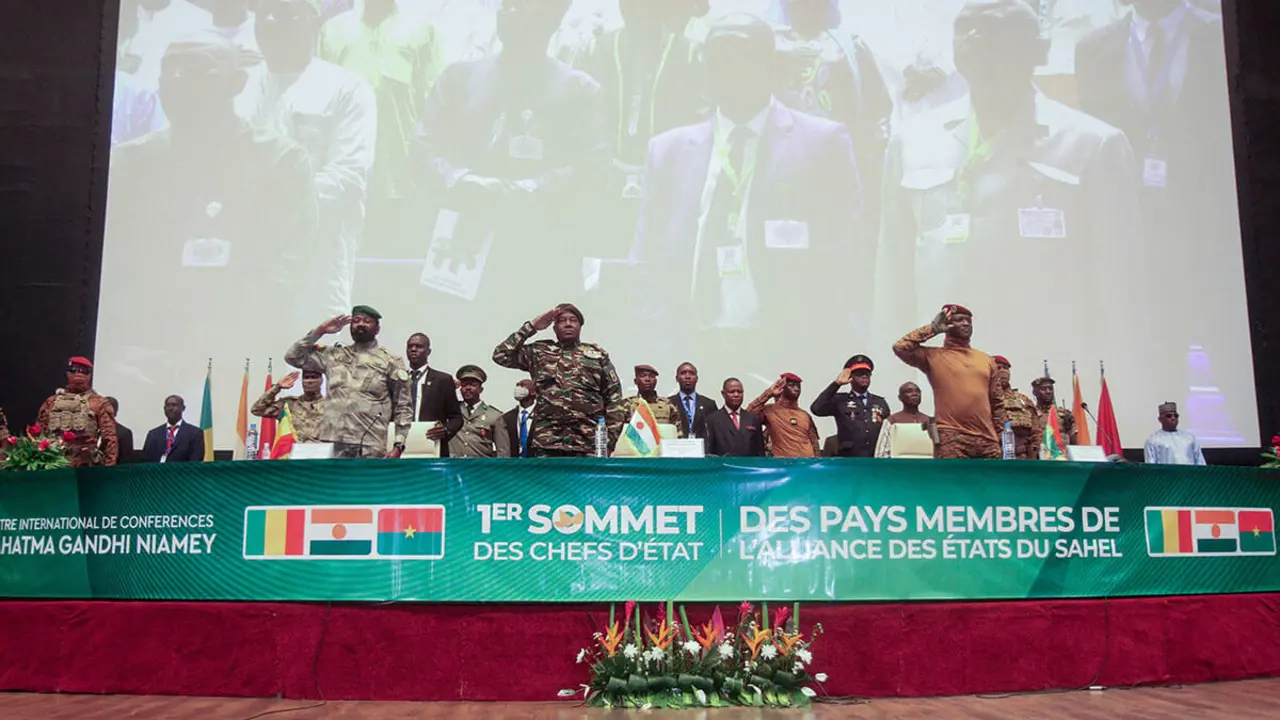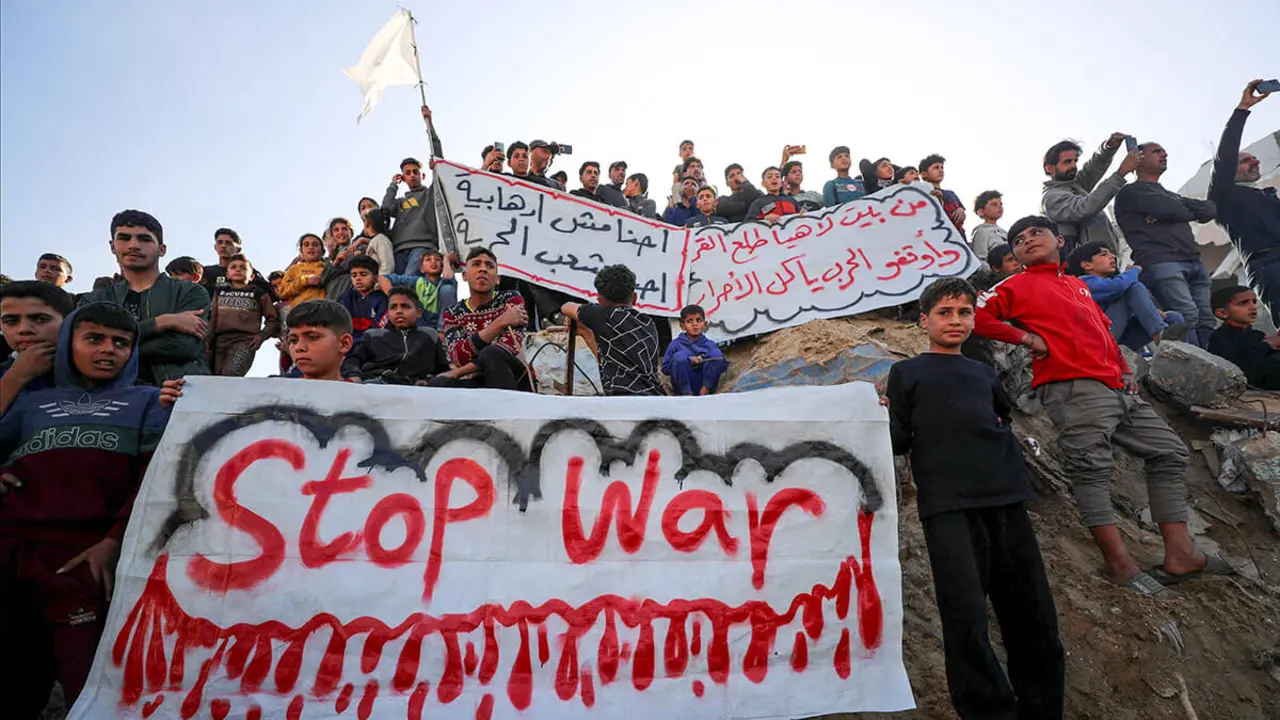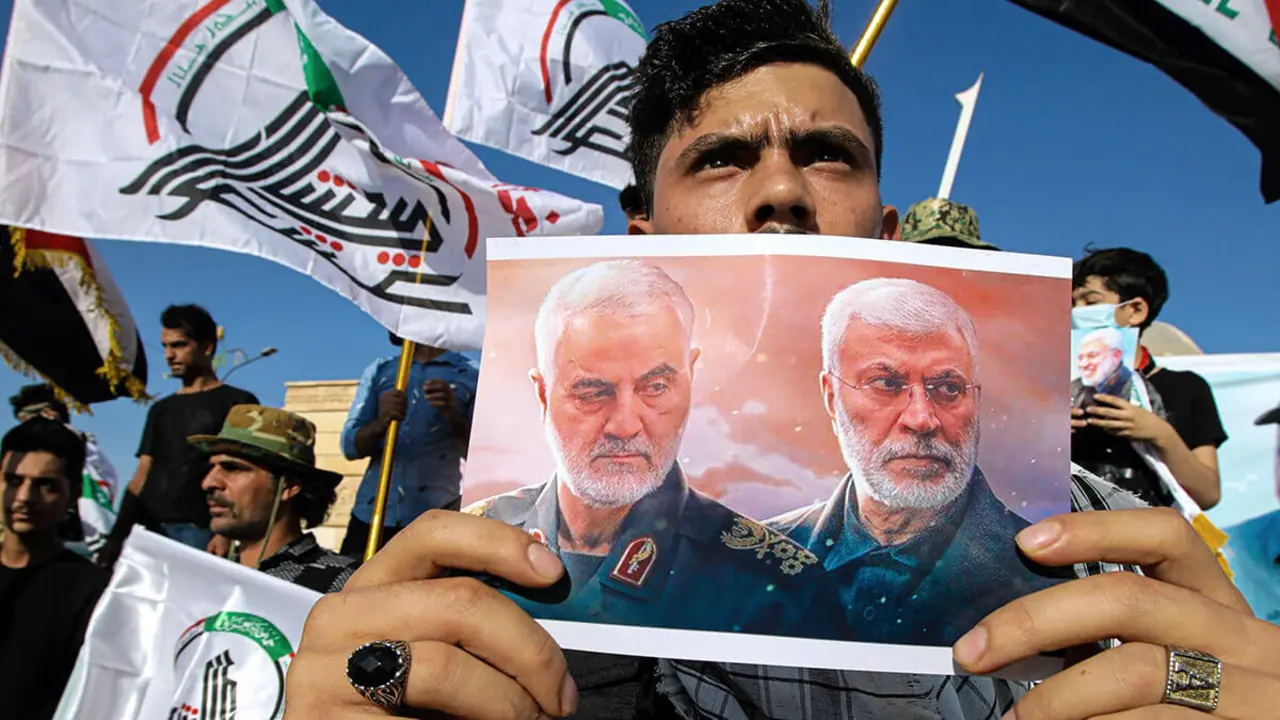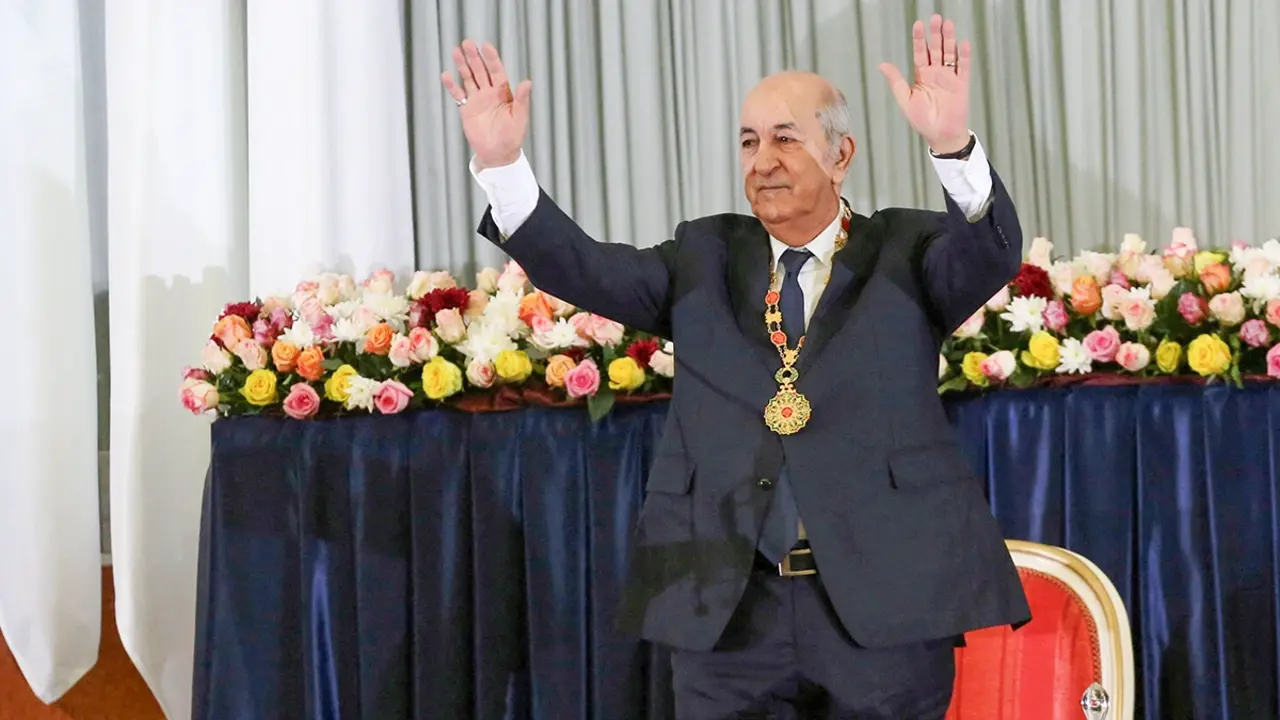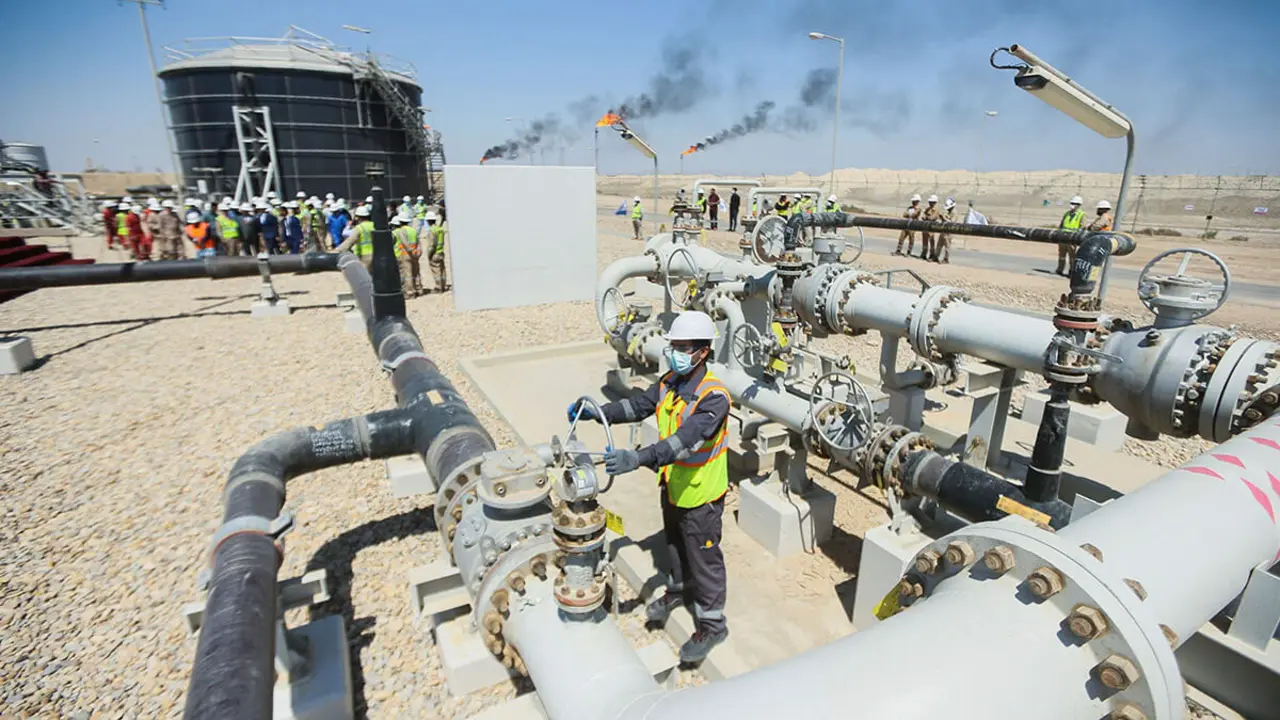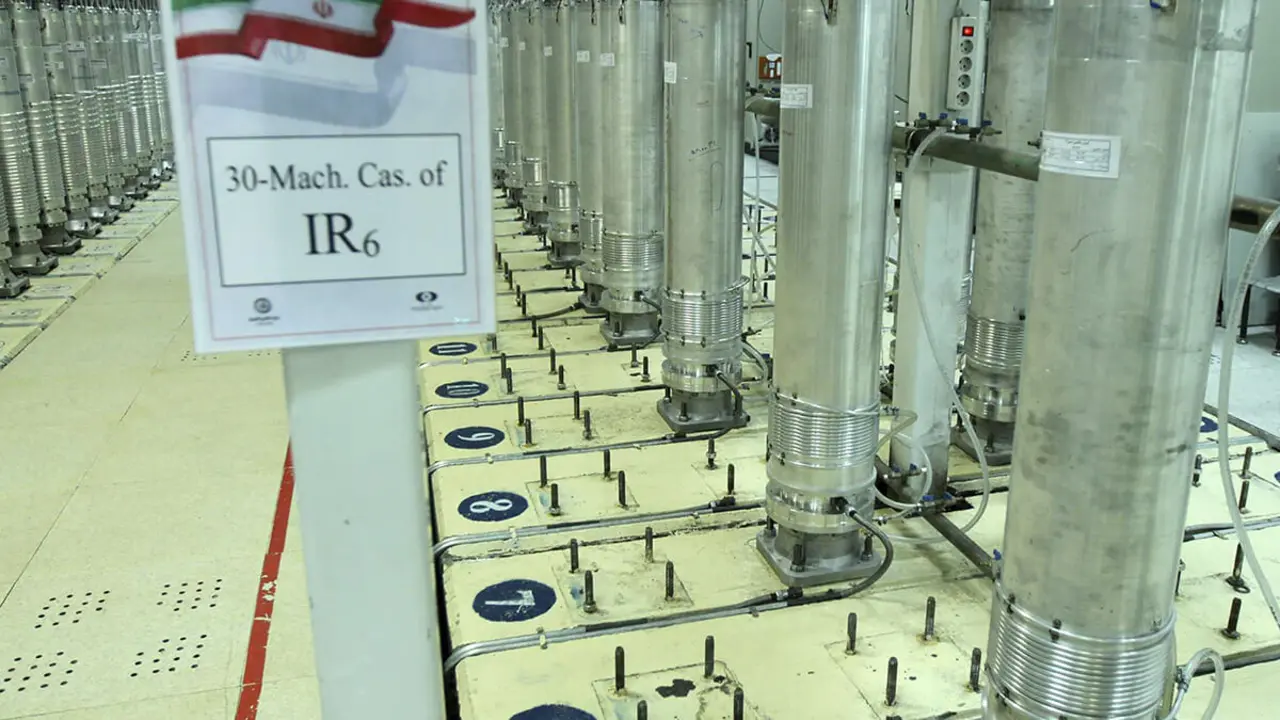Blinken travels to Riyadh to promote normalisation between Israel and Saudi Arabia

Since several Arab countries normalised relations with Israel in 2020, the United States has worked to include more nations in the so-called Abraham Accords. In this sense, Saudi Arabia has emerged in recent years as a possible candidate to join the 'Deal of the Century', something that would boost stability and peace in the troubled Middle East region.
It is with this aim in mind that Secretary of State Antony Blinken is travelling to Saudi Arabia. During his stay in the Kingdom, the head of Saudi diplomacy plans to meet with senior Saudi officials in Jeddah and Riyadh, and possibly with Crown Prince Mohammed bin Salman, according to Reuters.
Live now! @SecBlinken delivers remarks at the 2023 American Israel Public Affairs Committee Policy Summit in Washington, D.C. Also streaming at: https://t.co/9az11dZ06X. https://t.co/1Xh2R5qThZ
— Department of State (@StateDept) June 5, 2023
In these meetings, Blinken will address the normalisation of Saudi-Israeli relations, as he announced during a conference of the American Israel Public Affairs Committee (AIPAC).
"The United States has a real national security interest in promoting normalisation between Israel and Saudi Arabia," Blinken said at the forum, which was held just days before his trip to the Kingdom. The Secretary of State stressed that the US "must" play a key role in this process, although he also admitted that it may not happen "quickly or easily". Even so, he assured that the White House remains committed "to achieving this result".
Thank you @SecBlinken for your unwavering support for a strong U.S.-Israel relationship! 🇺🇸🇮🇱 pic.twitter.com/TVbprEV1Tg
— AIPAC (@AIPAC) June 5, 2023
Despite the importance of this issue, Blinken recalled the need to continue working for "progress between Israelis and Palestinians" and for a two-state solution. Indeed, this point is key for Riyadh to take this important step. On several occasions, senior officials in the Kingdom, such as Foreign Minister Faisal bin Farhan Al Saud, have stressed the importance of positive developments in the Israeli-Palestinian peace process. By contrast, however, recent months have seen a dangerous escalation of violence that has left a high death toll and further heightened tensions.
This situation undoubtedly hampers normalisation with Saudi Arabia, despite positive developments over the past year, such as the opening of Saudi airspace to Israeli airlines.
“Jeddah, Salaam Aleikum! [peace be upon you]”
— Aviva Klompas (@AvivaKlompas) December 7, 2022
Israeli pilot flying President Herzog from Abu Dhabi back to Tel Aviv greeted Saudi Arabian air traffic controllers warmly while flying over the kingdom’s airspace. https://t.co/DZi5urRUjT
The Agreement that transformed the Middle East
The Abraham Accords, signed between Israel and several Arab countries in 2020, marked a turning point in the region. For the first time, nations such as the United Arab Emirates, Bahrain and Sudan normalised relations with Israel, while Morocco opted to re-establish ties with the Jewish state after decades.
Three years after the so-called Deal of the Century, strong cooperation between Israel and Arab signatories in a number of areas is evidence of the success of normalisation. According to data provided by Robert Greenway, director of the Abraham Accords Peace Institute, trade between Israel and the UAE reached $208 million last April, while with Morocco it exceeded $3.5 million in the same month.
Remarkable! Best to sign up for the monthly newsletter/ report so you stay fully informed. One stop shopping for all news, analysis, statistics, and insight related to the #AbrahamAccords! https://t.co/3syryuGsJ0 https://t.co/IIsvZhubU0 pic.twitter.com/H8k7bNvpfW
— Robert Greenway (@RC_Greenway) June 2, 2023
Indeed, with these two countries, Israel has expanded the partnership in a number of sectors. It is not only trade and economics that have benefited from the peace agreements. Security, defence, tourism, culture and technology are some of the areas in which Israel has strengthened ties with Morocco and the UAE, favouring the exchange of knowledge and understanding.
On the other hand, thanks to the Abraham Accords, the Negev Forum was born in March 2022, an Arab-Israeli alliance that aims to continue strengthening ties between the Hebrew state and its Arab neighbours, as well as partnership on key issues such as clean energy and regional security. On this last point, it is worth highlighting the alliance's willingness to confront the threat posed by Iran to stability in the region.
Washington seeks to regain its position in the region in the face of Chinese advances
In addition to working towards normalisation between Israel and Saudi Arabia, the United States - through Blinken's visit - is also trying to repair relations with one of its main allies in the region. Recently, ties between Washington and Riyadh have been strained by issues such as rising oil prices following the onset of Russia's invasion of Ukraine. Likewise, in recent months, Saudi Arabia has decided to re-establish relations with Iran and Syria, pursuing its own interests and distancing itself from Washington's priorities in the region.
Likewise, in the midst of disagreements with the US, Saudi Arabia has begun to move closer to China, a proponent of reconciliation between Riyadh and Tehran. While Washington focuses its attention on Ukraine and the Asia-Pacific region, the Asian giant is entering the Middle East with force, establishing itself as a key player in the region, not only in commercial and economic matters, but also diplomatically.
As Richard Goldberg, a member of the think-tank Foundation for Defense of Democracies (FDD), told Reuters, "discouraging a closer relationship between Saudi Arabia and China is probably the most important element of Blinken's visit". To this end, the US diplomat "should explain why Chinese interests do not align with those of Riyadh, and why this rapprochement impedes rapprochement with Washington", Goldberg notes.
However, despite US-Saudi relations not being at their best, bilateral cooperation on issues such as defence, security and counter-terrorism remains strong. Likewise, both countries have redoubled diplomatic efforts to try to end the conflict in Sudan, as they have done with Yemen. Blinken's visit will build on this deep partnership in order to shield the US presence in the region and counter both Chinese and Russian influence.

Indeed, Blinken's trip follows that of US national security adviser Jake Sullivan, who visited the country nearly a month ago. During his stay, Sullivan discussed bilateral 'strategic relations' as well as regional integration in a meeting with his Saudi, Emirati and Indian counterparts. Before travelling to the Kingdom, Sullivan also stressed the US commitment to "promote normalisation" between Israel and Saudi Arabia.
Americas Coordinator: José Antonio Sierra

